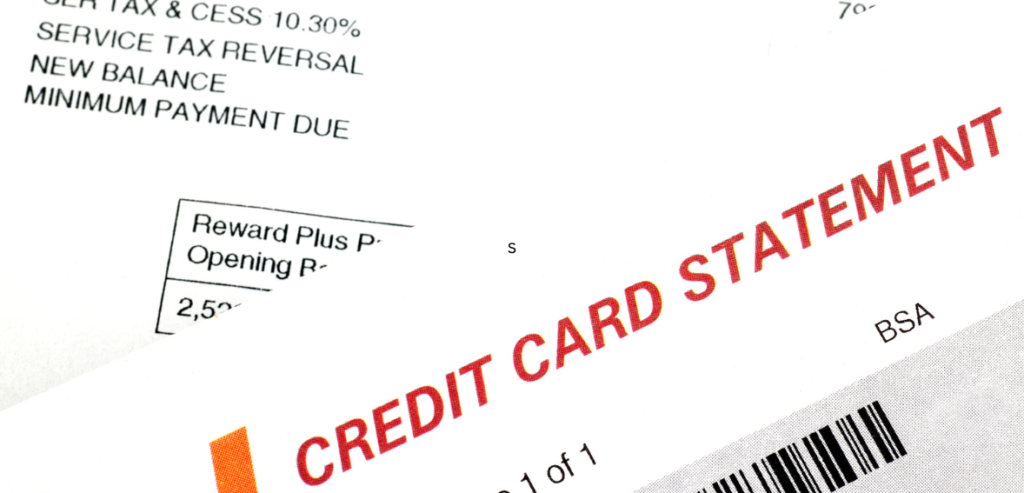As a business owner, keeping track of expenses is key to success. One cost you might not expect is obscure credit card processing fees. One specific fee that’s important to know about, especially if you have international customers, is the Visa International Service Assessment (ISA) fee.
So, what exactly are ISA fees? These are fees charged by Visa to merchants to process international transactions. And how do they impact your business? If you have customers in other countries, these fees will appear on your credit card processing statement.
It’s good to be aware of the difference between ISA fees and other processing fees you might come across. Knowing about ISA fees will help you plan and budget accordingly.
Visa International Service Assessment Fee

The Visa International Service Assessment (ISA) cost is an internationally charged service. This charge was implemented by Visa in 2008 to compensate for the expenses and elevated risks related to international transactions.
When a consumer decides to use a credit or debit card issued by a bank outside of the United States, Visa will charge the merchant an international service assessment (ISA) fee. International rates are comparable for Discover, MasterCard, and American Express.
The ISA fee is an example of a processing cost for credit cards known as an “assessment fee.” The following are the three categories:
- Interchange: Most of the expenses you pay monthly are interchange fees. Card-issuing institutions impose these fees. If a consumer uses a Bank of America rewards card, for instance, then it will charge you an interchange fee. The card category and transaction type all play a role in determining these costs.
- Assessment: The second most significant portion of the costs you are required to pay each month are assessment fees. Visa will charge these fees to utilize their credit card network if your customer’s Bank of America rewards card bears the Visa logo. The Visa ISA charge comes under this classification.
- Processing: The least expensive monthly fee is this one. Your processor assesses processing fees to cover the cost of handling your transactions. Among processors, this category of costs is not standard.
When are service costs applied internationally?
As a business owner, keeping track of expenses is key to success. One specific fee that’s important to know about, especially if you have international customers, is the Visa International Service Assessment (ISA) fee.
So, what exactly are ISA fees? These are fees charged by Visa to process international transactions. But how do they impact your business? If you have customers in other countries, these fees will appear on your credit card processing statement.
It’s good to be aware of the difference between ISA fees and other processing fees you might come across. Knowing about ISA fees will help you plan and budget accordingly.
For instance, a retailer will be charged an ISA fee if an international traveler uses their foreign card to transact at a US-based shop. Even if the consumer is shipping to an address in the United States, this rule applies to in-person and online purchases. This cost cannot be avoided. Thus, the company should be prepared for it.
What is the Fee of the ISA?:

The Visa international service assessment assesses local businesses or merchants when clients use payment cards from foreign nations. The transaction’s currency is USD if the customer settles in that currency. The merchant will pay the lowest ISA rate possible, 0.8%. Costs for ISA range from 0.8% to 1.2%. By 2022, the cost of the International Service Assessment (ISA), which is 1%, will be one of the highest.
When a transaction is subject to this fee, you may also expect to pay additional fees from Visa, such as the Dues & Assessments fee, which is 0.13 percent for debit cards and 0.14 percent for credit cards, and the International Acquirer Fee, which is 0.45 percent. For this transaction, the total percentage-based expenses, including processing and interchange fees, would be 1.59 percent.
ISA Fee vs. IAF Fee:

Visa charges two fees for overseas transactions: the International Acquirer Fee (IAF) and the International Service Fee (ISA). The sum is the sole distinction between these fees. The same rules apply to the imposition of both fees.
The International Acquirer Fee (IAF) is 0.45% of the volume of international transactions, whereas the International Service Assessment Fee (ISA) is 1% of the number of global transactions.
An example of this would be: If you process a transaction for $50 with an internationally issued Visa Card, you can expect to pay an ISA fee of $0.50 and an IAF of $0.25.
Who is liable for these fees?
You must pay the ISA fee and other credit card processing fees as a business owner. These fees are an inevitable part of accepting credit card payments, and they will likely not go away anytime soon. You may believe the customer should bear these costs, but that is not how the cardmember associations have set it up.
Typically, the client’s card issuer will charge these fees to your processor, who then passes them on to you. However, this can depend on your agreement and payment arrangements with your processor. To ensure that your profit margin covers these expenses, it’s essential to calculate your effective rate, which is the average cost you incur for each transaction.
It’s legally allowed to include the cost of credit card processing in your prices, even if some jurisdictions prohibit adding surcharges to credit card payments. To calculate your effective rate, divide the total fees you pay each month by your monthly sales, then multiply the result by 100.
The processing fee can be anywhere on your merchant’s statement. Below are a few tips to help you locate it
Price Structure:
There are three primary arrangements for payment pricing:
Interchange plus:
If you have interchange-plus payment pricing set up, you’ll see the assessment fees listed in a separate section on your statement. These fees will be added to each transaction, and you’ll be able to see the total charge for each one.
Flat Rate:
The costs might not appear individually on your statement if your transaction processing is charged at a fixed rate. They might be included in the total flat fee you pay. However, just because the costs aren’t disclosed doesn’t mean you aren’t paying them. It’s a good idea to ask your processor for further information if you believe the costs to be high.
Tiered:
It might be difficult to comprehend how your costs are calculated exactly if you have a tiered pricing system for your payments. Your processor could charge you a higher transaction fee depending on how much more it costs to conduct overseas transactions. You can see the cost indicated in your statement’s assessment section in this situation. If not, it can take some searching by going through each price line-by-line to discover it.
Can you Reduce the ISA Fee?
Unfortunately, the ISA charge is an industry standard and cannot be altered. All payment processors charge the same amount for this fee.
This fee is not the place to discuss payment processing costs if that’s what you intend to accomplish. You could shift to an interchange plus pricing system, which assesses each transaction separately, to reduce your processing fees, or you may bargain your rates within the processing fees framework.
Another choice is opening a branch in a country where you regularly do business. This is a fantastic choice for people whose business is mainly international.
Conclusion:
Unfortunately, the costs associated with receiving foreign payments will probably not alter. There is little pressure on processors and organizations to lower these costs, given the growth of e-commerce and international trade. For instance, the Visa ISA fee is a charge applied to any Visa transactions carried out in the US using a card issued outside of the country. No matter whatever payment processor you choose to use, you will be charged this fee because it is standard across the industry. Even if paying fees to take credit or debit cards might not be ideal, it’s hugely beneficial for your company to accept these payment methods so that you can continue to operate your business.

